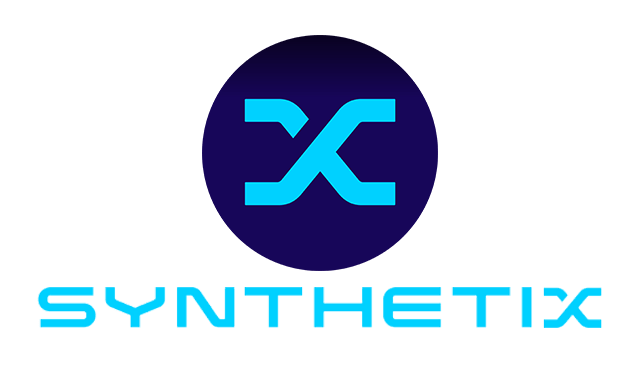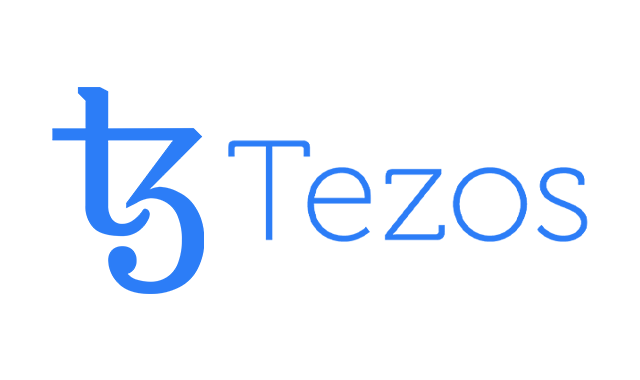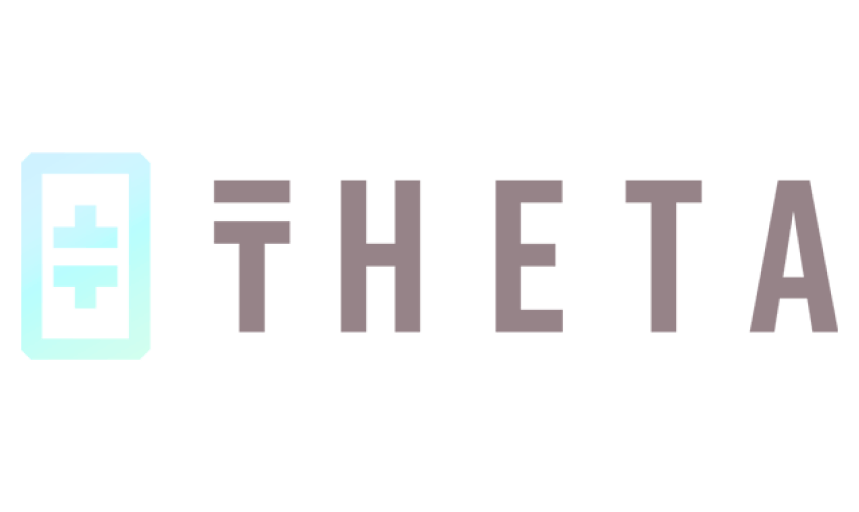Decentralized Finance (DeFi): Embrace Financial Freedom
Revolutionize your finances with DeFi. Join the decentralized finance movement and take control of your investments.

Sushiswap
SushiSwap is one of the hottest new cryptocurrencies on the market. Just like Bitcoin, individuals can use it to securely transfer and receive payments online. But unlike Bitcoin, users of the Sushiswap platform are also allowed to stake their tokens to earn rewards.
The main purpose of Sushiswap is to ensure liquidity in decentralized finance (DeFi) protocols running on Ethereum. As a result, its investors can mint, earning rewards for them when they re-invest those assets in other projects.
Finally, it is important to note that token holders are incentivized with discounts, grants, and depositing rewards in order to increase their loyalty to the project and expand its trading activity. In this article, we’ll look at it in more detail and explore all its features. We’ll also cover the live chart, Sushi to USD price today, Sushiswap price statistics, and Market Cap.
What is Sushiswap (SUSHI)?
Sushiswap is a DEX built on the Ethereum network. Sushiswap aims that users can trade various cryptocurrencies without the need for a centralized intermediary. SUSHI is the native token or coin of the platform and serves as a means of payment for fees, marketability provision, and administration.
Initially, SUSHI was launched as an incentive mechanism to attract liquidity providers (LPs) to the platform. Providers can earn it as a reward for providing ease of trade to various crypto trading pairs on the platform. These tokens can be traded on other exchanges or held as a form of investment.
In addition to being used as a reward mechanism for marketability providers, SUSHI is also used as a utility token. This means that token holders can vote on proposals and changes to the platform, including changes to fees, trading pairs, and other administrative decisions.
How does Sushiswap work?
Here’s how it works:
- LPs add funds to the platform by depositing equal values of two different ERC-20 tokens into a pool. For example, someone might deposit equal amounts of ETH and USDT into a pool.
- Traders can then swap one coin for another using these pools. For example, someone might swap USDT for ETH.
- When a trade is made, a portion of the transaction fees on the platform is taken and distributed to LPs in proportion to their share of the marketability pool.
- Investors or holders can participate in governing body, by voting on proposals and changes to the platform. This includes decisions about how to allocate platform fees, add new pools, and other changes to the platform’s functionality.
- SUSHI can also be staked or deposited to earn rewards. It uses a mechanism called “Onsen” to incentivize users to deposit their xSUSHI in selected pools. Users who deposit can earn additional rewards per block in the form of other tokens.
The Technology Behind Sushiswap?
Here are some details about the technology behind it:
- Automated Market Making (AMM) Algorithm: It uses an AMM algorithm, which is a type of algorithmic trading system that relies on mathematical formulas to determine the prices of assets. This algorithm automatically sets the price based on the current supply and demand, without requiring an order book or a central party to manage the market.
- Liquidity Pools: To enable trading on the platform, it relies on its pools. Users can deposit their coins into these pools and earn a share of the trading fees generated by the Sushiswap protocol. In return, providers receive a reward.
- Governance: Sushiswap investors or holders can participate in the management of the platform. This includes voting on proposals to change the protocol’s parameters, such as fees, reward rates, and new features. Investors also have the power to propose changes to the protocol.
- Smart Contracts: It is built on the Ethereum system, which uses smart contracts to execute code on the network. These smart contracts enable the protocol to be trustless and permissionless, as they automatically enforce the rules of the protocol without requiring a central authority to manage the exchange.
- Security: It has implemented several security measures to protect user funds and prevent hacks. These include code audits, bug bounties, and the use of multi-signature wallets to manage the protocol’s funds.
What Makes SUSHI Unique?
SUSHI is unique in several ways:
- Community Management: It is a community-driven project, and the platform is governed by token holders. This means that decisions regarding the development and direction of the platform are made by the community, and not by a centralized authority.
- Liquidity Provision: It incentivizes users to provide marketability to the platform by rewarding them with tokens. This helps to increase marketability on the platform, which in turn improves the user experience by reducing slippage and increasing trading volumes.
- Revenue Sharing: It shares a portion of its trading fees with providers and SUSHI holders. This means that users who provide accessibility can earn a share of the revenue generated by the platform.
- Yield Farming: It introduced yield farming and staking to the Distributed Finance ecosystem, allowing users to earn additional rewards by staking or depositing their coin or other coins on the platform. This has been a major driver of growth and has attracted a large number of users to the platform.
- Fee discounts: Users who hold SUSHI can receive discounts on trading fees when they use the platform.
- Value appreciation: Like most cryptos, it can be traded on various exchanges, and its value is subject to crypto market forces of demand and supply of SUSHI.
Community and partnerships of Sushiswap
As a DEX, it operates without the need for a central authority or intermediary, allowing users to trade cryptocurrency in a peer-to-peer fashion.
Community: Sushiswap has a large and active community, consisting of developers, traders, and enthusiasts of DeFi. The community is primarily based on social media platforms such as Twitter, Reddit, and Discord. The ecosystem also has an active forum where users can engage in discussions about the platform and the broader DeFi ecosystem. The Sushiswap community regularly contributes to the development of the platform, including proposing and voting on changes to the protocol.
Partnerships: Sushiswap has formed partnerships with several other DeFi protocols to expand its offerings and improve its services. Some notable partnerships include:
- Yearn Finance: It has partnered with Yearn Finance to collaborate on development and marketability sharing. The two protocols have integrated their AMMs to enable users to access a wider range of trading pairs and better pricing.
- Aave: It has integrated with Aave, a decentralized lending protocol, to enable users to borrow assets directly from pools.
- Chainlink: It has integrated with Chainlink, a decentralized oracle network, to ensure that the price feeds used in its marketability pools are accurate and reliable.
- Polygon: It has partnered with Polygon, a Layer 2 scaling solution for Ethereum, to reduce transaction costs and improve the speed of transactions on its platform.
Where to sell or buy Sushiswap cryptocurrency?
SushiSwap can be bought or sold on several crypto exchanges. Some of the popular exchanges where you can buy or sell include:
- Sushiswap
- Binance
- Coinbase
- Kraken
- Huobi
- KuCoin
- Uniswap
How can Sushiswap be mined?
SUSHI can be mined by users who contribute to pools. These pools require users to deposit equal values of two tokens into a pool and receive pool tokens which are representations or warranties of their share of the pool in return.
As traders swap, providers earn fees proportional to their share of the pool. These fees are paid in the same tokens that are being traded, increasing the value of the pool tokens that the providers hold. Additionally, providers can earn rewards by depositing in the protocol.
The amount of SUSHI earned depends on various factors such as the amount contributed, the duration of time held, and the overall usage of the Sushiswap platform.
How does Sushiswap compare against its competitors?
Sushiswap decentralized exchange (DEX) is built on the Ethereum blockchain, similar to its predecessor, Uniswap. It enables users to trade cryptos without the need for an intermediary or central authority. Sushiswap’s key feature is its incentivization system that rewards users for providing liquidity or flexibility to the platform. These tokens can be used for voting on proposals and earning a portion of the platform’s trading fees.
It has gained popularity among the DeFi community, with its total value locked (TVL) reaching over $4 billion at its peak in May 2021. However, like all DEXs, it faces challenges such as high gas fees and low marketability for certain tokens. The team behind Sushiswap has been actively working on solutions to improve the platform’s efficiency and user experience.
Sushiswap’s main competitors are other DEXs, such as Uniswap, PancakeSwap, and Curve. Uniswap is currently the largest DEX by trading volume and has a similar model to Sushiswap. However, Sushiswap has been able to differentiate itself by offering unique features and incentives to its users.
PancakeSwap is another popular DEX, but it operates on the Binance Smart Chain instead of Ethereum. This allows for faster and cheaper transactions but also means that PancakeSwap is more centralized than Sushiswap. On the other hand, Curve is focused on stablecoin trading and has a unique bonding curve mechanism that adjusts prices based on supply and demand.
Overall, Sushiswap has established itself as a prominent player in the fully decentralized finance (DeFi) space, and its success can be attributed to its unique features and strong community support.
Sushiswap History
Sushiswap is a decentralized exchange built on the Ether blockchain, which uses an automated market maker (AMM) model to facilitate trades. Its protocol’s native coin is called SUSHI.
Sushiswap was launched in August 2020 as part of the protocol’s initial release. It was created as a utility or governance token, allowing investors to vote on proposals related to the protocol’s development and management.
The token gained popularity quickly, and within a few days of its launch, its price increased by over $9. However, the price fell dramatically soon after, and by the end of September 2020, it had dropped below $1.
The pseudonymous Chef Nomi founded Sushiswap but caused controversy in 2020. Chef Nomi took or withdrew over 14 million in SUSHI from the development fund. The move prompted accusations of an exit scam. Chef Nomi later returned the funds, apologized, and stepped down from the project. Despite this, it remained a popular platform for trading Ethereum-based tokens.
0xMaki, a founding member and core contributor of SushiSwap, is a semi-anonymous individual known for their involvement in the development of Sushiswap.
In November 2020, Sushiswap underwent a major transition, with the migration of the protocol’s liquidity from Uniswap to Sushiswap. This move helped to increase the usage of the protocol and the value of the SUSHI. It also entered into a strategic partnership with Sam Bankman-Fried, the CEO of FTX, which included a joint marketing campaign and the integration of SUSHI into FTX’s spot and futures trading platforms. This partnership helped to further increase the exposure to a wider audience.
The BentoBox platform was launched in February 2021 and the same team behind Sushiswap created it. It has since become an important component of the Sushiswap ecosystem. BentoBox was designed to provide a more secure and efficient way for users to store and manage their assets, while also providing access to various Decentralized Finance Spaces.
In early 2021, the price of SUSHI rose significantly, reaching an all-time high of over $22 in March 2021. However, like many digital assets, SUSHI’s price was subject to volatility, and by the end of May 2021, it had fallen below $5.
Despite these fluctuations, Sushiswap has remained a popular DEX, and the SUSHI continues to be actively traded on various Sushiswap exchanges.
SUSHI Price Statistics
SUSHI Token Price Live in USD
SUSHI Market Cap
The daily trading volume
What is the all-time high and all-time low for SUSHI?
Related Crypto
